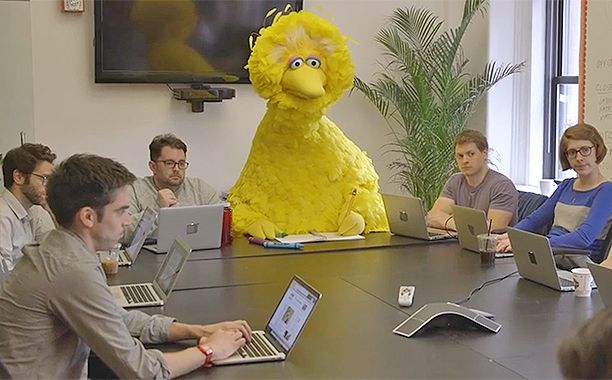Crafting a stand-up comedy routine is an art form that combines wit, observation, and a personal touch. However, not every comedian enjoys the process of sitting down and writing jokes. For some, the act of writing can feel like a chore, lacking the spontaneity and energy of live performance. If you’re a comedian who dreads the thought of writing jokes, this blog post is for you. Here, we’ll explore alternative approaches to joke creation and strategies to make the writing process more enjoyable and productive.
Embrace Your Unique Process
First and foremost, it’s important to acknowledge that there’s no one-size-fits-all method for creating comedy. Some comedians thrive on the traditional sit-down-and-write approach, while others find their best material comes from improvisation, conversation, or observation in everyday life. Embrace your unique process and don’t be afraid to experiment with different methods of content creation.
Record, Don’t Write
If the act of writing feels stifling, consider using a voice recorder. Many comedians find that speaking their thoughts aloud allows for a more natural flow of ideas. Carry a digital recorder or use your smartphone to capture spontaneous thoughts, observations, and bits of dialogue as they occur to you throughout the day. Later, you can transcribe these recordings, refining and shaping them into structured jokes.
Use Life as Your Notebook
Comedy often stems from the absurdities of everyday life. Instead of sitting down with the intention of “writing jokes,” simply live your life with a heightened sense of awareness. Pay attention to your interactions, the news, and even your internal monologue. When something strikes you as funny, jot it down or record it. This method allows you to accumulate material organically, without the pressure of formal writing sessions.
Collaborate with Peers
Comedy can be a collaborative art form. Bouncing ideas off fellow comedians or writing partners can spark creativity and lead to joke development in a more dynamic and less formal setting. Collaboration can also offer immediate feedback, helping you refine your ideas in real-time. Consider joining a comedy writing group or forming a creative partnership with a trusted peer.
Improvise Your Way to Material
For some comedians, the best material emerges in the moment. If this sounds like you, consider setting aside time for structured improvisation. This could involve performing in front of a mirror, doing impromptu sets at open mics, or simply recording yourself speaking on a topic without preparation. Often, the pressure of needing to be funny on the spot can lead to surprisingly sharp and humorous insights.
Find Inspiration in Consumption
Consuming a wide range of comedy—from stand-up specials and sitcoms to podcasts and books—can also stimulate your joke-writing muscles. When you encounter a piece of content that resonates with you, take a moment to analyze why it works. This process of analysis can inspire your own creative thinking and help you approach joke writing from a new angle.
Make Writing a Game
Turn joke writing into a game by setting small, playful challenges for yourself. For example, pick a random word and challenge yourself to write three jokes around it. Or set a timer for five minutes and write as many punchlines as possible. By gamifying the writing process, you can transform it from a chore into an enjoyable and stimulating activity.
Conclusion
If you’re a comedian who hates writing jokes, remember that the path to great material doesn’t have to be paved with dread. By finding the methods that work best for you—whether it’s recording ideas, drawing from life, collaborating with others, improvising, finding inspiration in other content, or gamifying the writing process—you can make joke creation a more enjoyable and fruitful part of your comedic journey. The key is to stay open, curious, and committed to your craft, even when the traditional approach to writing doesn’t quite fit your style.
FAQs
Q: What if I try these methods and still can’t come up with good material?
A: Comedy is a process of trial and error. Give yourself permission to write bad jokes, as they’re often stepping stones to better ones. Also, consider seeking feedback from trusted peers or a comedy coach.
Q: How often should I be creating new material?
A: The frequency can vary widely among comedians. Some benefit from daily practice, while others may find a less frequent schedule works better. The key is consistency and allowing yourself time to reflect and refine.
Q: Can I be a successful comedian if I don’t like writing jokes?
A: Absolutely. Many successful comedians have unconventional approaches to creating material. The most important factors are connecting with your audience and being true to your comedic voice.
Embracing your unique process and finding joy in the journey of joke creation can open up new avenues for comedy, ensuring that your material remains fresh, engaging, and authentically you.

